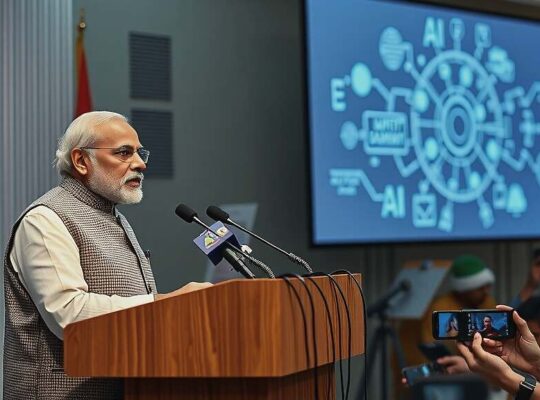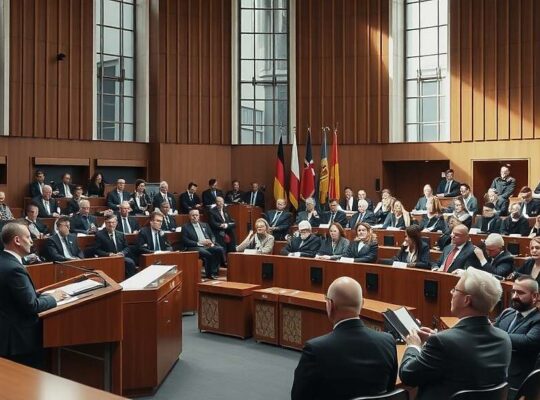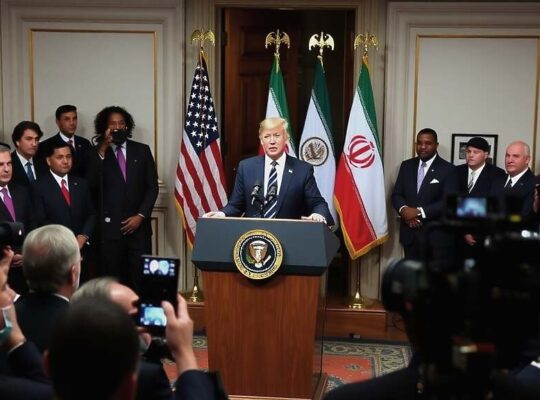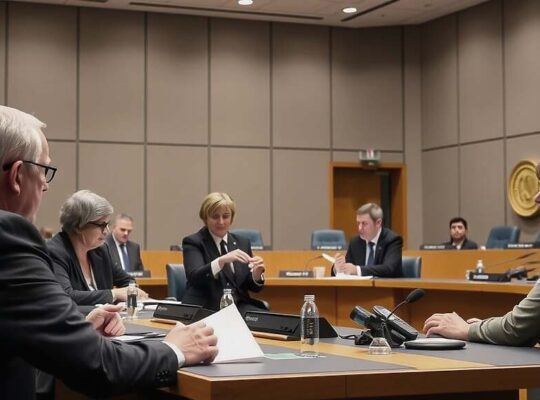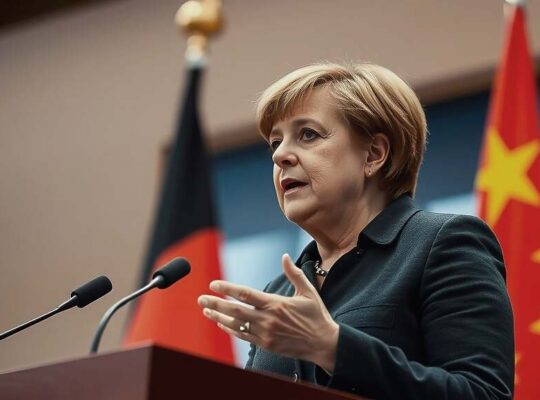The shooting of two National Guard personnel near the White House on Wednesday has triggered a swift and politically charged response, with former President Donald Trump demanding a sweeping review of Afghan nationals admitted to the United States under the current administration. The incident, occurring close to the Farragut Metro Station, initially sparked confusion regarding the severity of the victims’ injuries, with West Virginia Governor Patrick Morrisey prematurely announcing their deaths before officials corrected the information to indicate they were in critical condition.
The suspect, identified as a 29-year-old Afghan citizen, has been apprehended and is also reportedly suffering from serious injuries. Preliminary investigations suggest the attack was targeted, raising immediate concerns about vetting procedures and national security vulnerabilities.
The individual entered the United States in September 2021, having previously served in the Afghan army for a decade, including a period of collaboration with US special forces. His arrival was facilitated through “Operation Allies Welcome” a program designed to relocate vulnerable Afghan allies to the United States. This program and its efficacy in screening potential threats, is now facing intense scrutiny.
Trump’s call for a review of all Afghan citizens admitted during the Biden presidency underscores a rapidly escalating political debate. While the Department of Homeland Security has confirmed the suspect’s arrival under this program, critics are questioning the adequacy of background checks and the potential for individuals with dangerous affiliations to enter the country.
The US immigration authorities have temporarily halted the processing of applications from Afghan citizens in response to the attack, further amplifying anxieties surrounding the nation’s immigration policies and the need for enhanced security protocols. The incident risks fueling anti-immigrant sentiment and will likely dominate upcoming political discourse regarding both border security and the complexities of assisting vulnerable populations fleeing conflict. The incident also raises pivotal questions about the long-term consequences of US foreign policy in Afghanistan and the responsibility for those who served alongside American forces.



